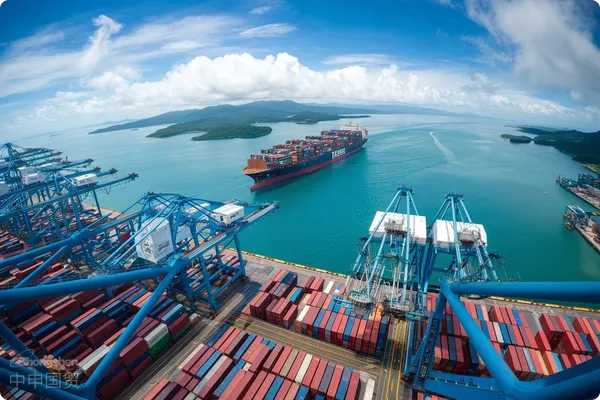- Shanghai Zhongshen International Trade Co., Ltd. - Two decades of trade agency expertise.
- Service Hotline: 139 1787 2118

On Friday local time, during a meeting with Japanese Prime Minister Shigeru Ishiba, US President Trump suddenly announced that he would unveil a reciprocal tariff policy targeting multiple countries next week. This move marks a new stage in the friction between the US and its major trading partners. As soon as the news broke, the three major US stock indexes fell. The Dow Jones Industrial Average dropped by more than 200 points within half an hour, reflecting market concerns about the expansion of trade conflicts. Trump emphasized that the new measures aim to ensure completely reciprocal trade relations between the US and other countries, and said that this policy will cover everyone, but refused to disclose the specific list of affected countries.
It is worth noting that Trump specifically mentioned that auto tariffs remain a key option in the policy toolkit. He said, The auto industry is related to national interests, and we must achieve trade balance through tariffs. This statement continues the pressure - exerting strategy he adopted during his tenure on major auto - exporting countries such as Germany and Japan. Analysts pointed out that if the United States imposes a 25% tariff on imported cars, the global auto industry chain will face a cost shock of up to $50 billion, which may force some multinational auto companies to adjust their global production layouts.
This policy upgrade is based on the previous executive order. Earlier this month, the White House announced that it would impose 10% and 25% tariffs on Canadian and Mexican energy products and industrial products respectively, but postponed the implementation time under strong opposition from the business community. This threat - postpone model has raised questions from the outside world about the consistency of the Trump administrations trade strategy. Peter Atkinson, vice - president of international trade at the Canadian Chamber of Commerce, said, This capricious decision - making method makes it difficult for enterprises to formulate long - term plans.,
The EU responded quickly. Bernard Lange, chairman of the Trade Committee of the European Parliament, revealed that Brussels is considering reducing US auto import tariffs as a compromise. This continues the EUs strategy in recent years to avoid a full - scale trade war - previously, by reducing lobster tariffs and increasing liquefied natural gas purchases, the EU successfully limited the US - EU trade disputes to the steel and aluminum product sectors. However, EU internal documents show that if the United States implements global tariffs, the Section 301 investigations of strategic industries including pharmaceuticals and oil may be restarted.
The Trump team regards the value - added tax system as a new focus of the game. Peter Navarro, a White House trade advisor, has repeatedly accused the EUs value - added tax system of constituting a hidden trade barrier recently, believing that the 15% minimum standard tax rate and its differential implementation have weakened the competitiveness of US products. This view has been refuted by European economists. A research report by the International Monetary Fund pointed out that the average sales tax rate in US states is about 6.5%, and the actual tax burden is comparable to that in Europe after adding the federal tax system. However, political considerations apparently outweigh economic analysis. Trump bluntly said in the Oval Office, We neither want to take more nor less.,
The response strategies of multinational enterprises show a polarization. Some technology companies and retailers are accelerating the diversification of their supply chains. Companies such as Amazon and Walmart have recently increased the proportion of purchases from Southeast Asian suppliers. While heavy - industry enterprises such as Boeing and Caterpillar are increasing their lobbying efforts, worried that retaliatory tariffs will affect their overseas markets. A latest survey by the US Chamber of Commerce shows that 83% of manufacturing enterprises believe that the current trade policies have increased their operating costs, an increase of 12 percentage points compared with the same period last year.
Market observers noticed that the announcement of this policy coincided with the shift of the Federal Reserves monetary policy. Seema Shah, chief strategist at Principal Global Investors, pointed out, The risks of the trade war and the interest rate policy form a double squeeze, which may exacerbate the volatility of the capital market. The Chicago Board Options Exchange Volatility Index (VIX) soared 18% on Friday, recording the largest single - day increase in three months. The energy market was also affected. The price of WTI crude oil futures fell 2.3%, reflecting investors concerns about the global economic growth prospects.
Related Recommendations
? 2025. All Rights Reserved. 滬ICP備2023007705號-2  PSB Record: Shanghai No.31011502009912
PSB Record: Shanghai No.31011502009912









